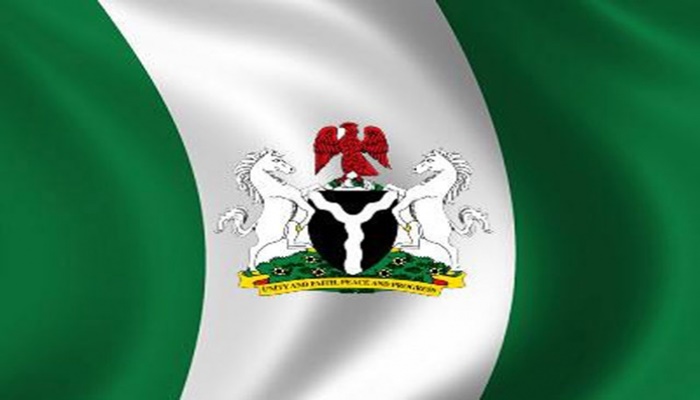
The latest Africa Investment Index (AII) 2016 by Quantum Global’s independent research arm, Quantum Global Research Lab. has ranked Nigeria 19th most attractive destination for investments flowing into the continent’s 54 countries.
The country, alongside Algeria, Tunisia, Equatorial Guinea and Seychelles, among others, showed a worsening of their positions in the rankings over the past three years.
“Despite considerable external challenges and the fall in oil prices, many of the African nations are said to be demonstrating an increased willingness to achieve sustainable growth by diversifying their economies and introducing favourable policies to attract inward investments.
Botswana is said to be a case in example – its strategic location, skilled workforce and a politically stable environment have attracted the attention of international investors leading to a significant influx of FDI,” Prof Mthuli Ncube, Head of Quantum Global Research Lab, stated on the Index.
The AII Index is based on a range of factors that include improved credit rating, current account ratio, import cover and ease of doing business. It is the resulting relative position of a country’s total rank score. The higher the rank score, the worse is the country’s position. It measures the country’s current or present standing relative to the remaining 53.
The AII is constructed from macroeconomic and financial indicators and the World Bank Group’s Ease of Doing Business Indicators (DBI). The DBI ranks countries in terms of a regulatory environment conducive to business operation.
The AII focuses on six pillars or factors from a wider range of investment indicators, which include the share of domestic investment in GDP, the share of Africa’s total FDI net inflow, GDP growth rate forecast, population augmented GDP growth factor, real interest rate, the difference of broad money growth to the GDP growth rates, inflation differential, credit rating, import cover, the share of the country’s external debt in its GNI, current account ratio, ease of doing business and the country’s population size. The AII indicators are based on secondary data collected from World Bank Development Indicators, IMF World Economic Outlook, UNCTAD Data Centre and own estimates.
The AII is a combination of individual indicator’s rank into a single numerical ranking. It averages the country’s macroeconomic and financial indicators rankings on the six different factors. Each indicator, and hence factors, receives an equal weight. Their rank score is then averaged to produce the total average score, which is consequently ranked from 1 to 54. The lower the value of the ranking, the better the implied business investment climate.
To produce an index score that captures medium-term changing aspects, individual country’s ranking is scaled relative to a benchmark or reference value (the past 3-year rolling average ranking).
Nigeria amassed a total rank score of 20.846 with a three-year average ranking of 13 over the period covering 2013 to 2015 on the AII. It also garnered 21.103 average scoring 13 in 2013, 13 in 2014, and 18 in 2015.
The top five African investment destinations attracted an overall FDI of $13.6 billion, according to the report. Morocco ranked second on the Index based on its increasing solid economic growth, strategic geographic positioning, increased foreign direct investment, import cover ratio, and an overall favourable business environment. Egypt ranked third buoyed by an increased foreign direct investment and real interest rates, and a growing urban population.
South Africa, which ranked fourth on the list, scored well on the growth factor of GDP, ease of doing business in the country and significant population, while Zambia was the fifth country on the list due to its significant domestic investment and access money supply.
“With a population of over one billion people and rapidly growing middle class, Africa clearly offers significant opportunities to invest in the continent’s non-commodities sectors such as financial services, construction and manufacturing amongst others. However, structural reforms and greater private sector involvement are crucial to unlocking Africa’s true potential,” Mthuli further stated.






